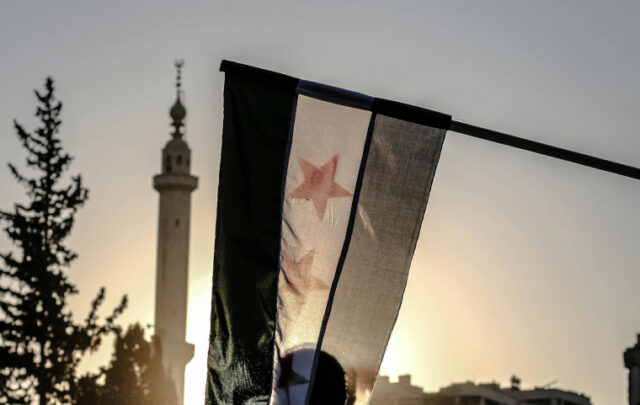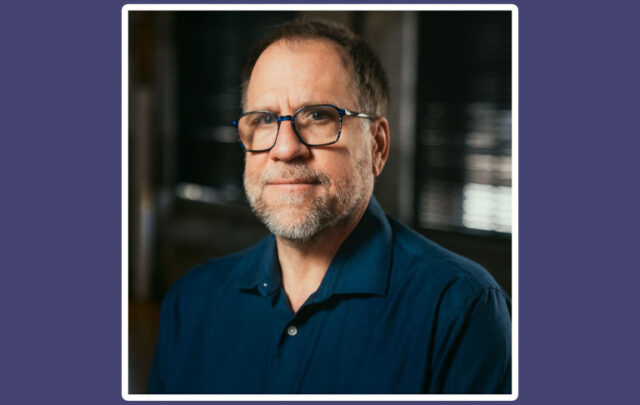I’m reading Dougald Hine’s At Work in the Ruins. I’m not done with it so I’m not ready to discuss the book at length. I’m also not sure I need to because everybody else has already, though I am sure my views will trend in different directions than reviews I’ve read thus far. We’ll see how it goes. Principally, we’ll see if there is any actual ‘work’ to discuss. But that is not what I want to talk about today.
Throughout Hine’s book and in many writings on our current dilemmas, there is a pervasive sense of broken trust, hurt, palpable personal disappointment. There were expectations and these were betrayed. We as a culture believed that these people we name leaders would help us through this mess and that has manifestly proven false. Hine talks about the ‘grown-ups’ at the tables in Washington, Davos, and so on. He describes his role on the edges of these tables, the informer and recorder, sometimes the disrupter, but he clearly felt himself a part of the discussion. And then he discovered that he was not. Like a child standing outside the dining hall when the grown-ups are having their parties, Hine found that he had no voice, that all he’d said and done was received with a rough pat on the head, a knowing smile, and a firm closing of the door in his face. ‘Run off back to the sandbox, my dear, the grown-ups have to talk.’
This is a common thread. This is not a new story. Those who believe in leadership and believe that leaders are working to the benefit of those led are repeatedly shown that this is not true. Moreover, it can’t be true. For all the good intentions and detailed information fed into a system of hierarchy, that system is still primarily concerned with maintaining itself. Hine talks about bewilderment in the highest echelons of power, the feeling of helplessness and despair from those who might want to choose paths and take actions that lead to more widespread benefit, but are constrained by their position at the top. They can not act against the roles that they fill and still expect to be able to act at all. To spread benefit is to undermine the privilege and power that these leaders have amassed and to topple the hierarchy, and this is not going to be accomplished by those people who are perched precariously in the upper echelons, even when they possess some degree of altruism (which is not a positively selected-for trait in the halls of power…). Time and again, we crash up against this eternal truth: Power is not going to dismantle itself.
And yet we are shocked when those we elevate to positions of power act in ways to preserve that power. We feel the betrayal all the more when we can see that these powerful people are trying to help. An asshole with a platform we can ignore. An earnest man with a title and benevolent aims who commits asshole acts — for example, Joe Biden opening Alaskan wilderness to oil drilling, breaking faith with some of his key promises, some of the very traits that lifted him into his role — these things hurt the worst because they cut to the core of our belief system. When we see good people doing harmful things, we see the catastrophic flaws in the way we’ve ordered society, perhaps the flaws in order itself, at least in the ways that we accord different levels of privilege. We don’t want to face the evidence that it’s not that we need these people to act differently, we need the roles they fill to not exist. We don’t want to know that it is the culture and perhaps all that we value that must be undone. This is not merely an inability to meet our expectations; it is a crisis of faith.
Bill Gates wrote a book. Many expressed dismay that everything in that book primarily benefitted Bill Gates and the very few people who are his equals in power. I don’t know Bill Gates, but I suspect that it takes a certain type of person to even want that much wealth and influence; and that type of person is not likely to suddenly become someone who wants to give it all away. But even if Bill Gates is that rare individual who will lay down personal gains for the benefit of the many, how much can he actually do and still be Bill Gates? How much can he set aside and still have the influence to wield? And now consider that his influence and wealth are both primarily symbolic values that have no real-world interchange. Being Bill Gates is largely a matter of image not of substance. His billions and his ascendency in the Davos set can’t actually do all that much to make food or shelter for those who have little or clean up all the poisons that this culture has spread. Money can’t produce a living ecosystem, which is what we primarily desire from our leaders.
But he wrote a book, telling the world his plans to fix all the problems. I haven’t read this book mainly because I think the whole business is absurd. If there is a fix to the problems, it probably doesn’t include the causes of those problems, and Bill Gates ranks pretty high on the list of recent causes. However, that most people expect Bill Gates to have solutions is indicative of our thrashing desire to look away from that crisis of faith. If Bill Gates can’t fix the problems, then we know that we are doing this culture thing completely wrong. It means that we must dismantle much of what we hold dear, much of what defines us. It means that we have to walk away from all the things that make Bill Gates Bill Gates. A system that is more equitable and ecologically balanced does not produce Bill Gates. We see that when we see that Bill Gates has no balm for our misery, that Bill Gates may in fact be the cause of that misery.
I’m picking on this poor man. I do apologize. I don’t actually feel that much animosity toward Bill Gates. I don’t feel much of anything toward him. I don’t consider him relevant. He can do nothing to make my world better and I don’t expect him to. I don’t have that crisis of faith because I never much believed in hierarchy to begin with, and for various reasons I am more alert to its problems than most people. I can see the evidence and not turn away from it. I can see that the very idea of power and influence is destructive — and somewhat silly. What can Bill Gates do for you? Why do you expect that?
Leadership is a gentling mask that we’ve placed over what amounts to nothing more than greed, the desire to have more than others. It is a very old mask and we’ve forgotten how it was built, so now there may be people behind it that don’t wear it well. They may even believe that they are in positions of power to help others. But what help can they give that does not erode their own amassed status? For that matter, what help can they give at all? I don’t need a leader telling me what I need. I don’t need advice and counsel from them, and I wouldn’t look to those who have no experience in my concerns for guidance. But that is all a leader does. This is sort of useless in reality-based living. I need a garden of food and a home that shelters me. I need love and beauty. I need contentment and a sense that I am doing good in the world. What can leaders do toward any of those goals?
This is the crisis of faith. Really, we all know that those we’ve elevated on pedestals of power can do approximately nothing for us, that we have no reason to admire them or to look to them for support. They contribute nothing to our lives and our needs. Those pedestals take a good deal of support, and leaders must spend all their efforts and resources on maintaining that perch. We know this and yet we have these value systems that declare the existence and necessity and primacy of leadership. The organizing principles in our lives are built around creating this status for ourselves and respecting those who have achieved it for themselves. If that status system is false, then we’ve lived false lives. We see that we are hollow people. So we want Bill Gates to have answers that fill up that void.
I’m fairly certain that he doesn’t. Nobody does. The void can’t be filled. That’s what a void is, a nothing that negates everything. What we need is to remove the void and that is a very different project, one that will unmake Bill Gates and Davos and pedestals and all the rest of this culture of inequity. Obviously, Bill Gates is not part of that solution.
Hines never says this. Nobody who goes through this crisis of faith ever does. They get so far and then they pull back. Because they too are in that culture. They have written books. They are suggesting solutions. They are not being solutions. They are not creating and embodying solutions. They are still trying to hold up those pedestals at least enough to be allowed to publish their own status.
There are other books though. Other paths. I have my old lady activism, building my community on the margins, just outside the culture that has caused harm. There are others. They are not prominent people. They don’t seek attention. Many are so fully embedded in their small places that this culture never sees them. And that is to their benefit, I’m sure. But if the disillusioned within this culture would seek the escape paths, then I would advise them to seek out these small people and hidden places. Do not expect too much from them. It’s likely they won’t involve themselves in your life. But they might be examples that can be adapted to other uses.
So I’m reading At Work in the Ruins to see what work Hines proposes. I may not find anything. It does not seem to be trending in that direction. Either way, there will be more on the subjects of working and ruins, I’m sure. Those are my prime concerns, after all.
Teaser photo credit: Mask of Dionysus found at Myrina (Aeolis) of ancient Greece c. 200 BC – 1 BC, now at the Louvre. By Marie-Lan Nguyen – Own work, Public Domain, https://commons.wikimedia.org/w/index.php?curid=474079





